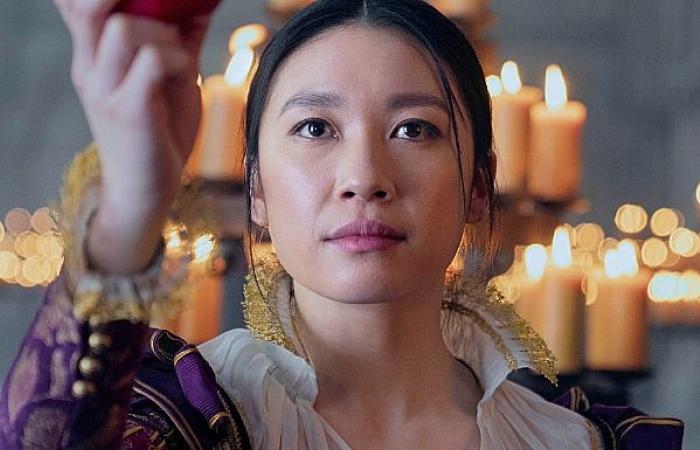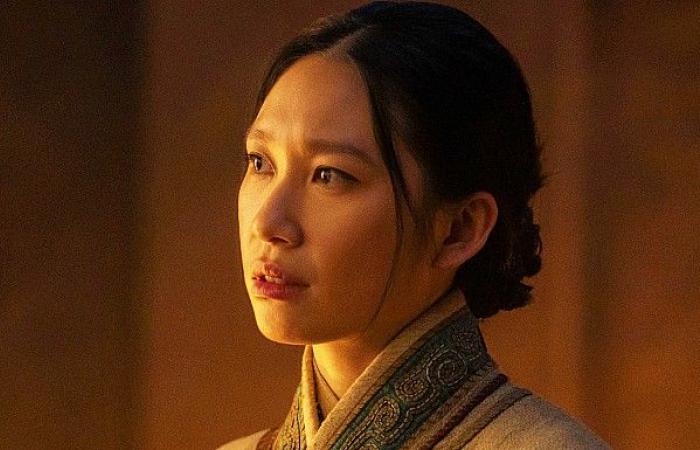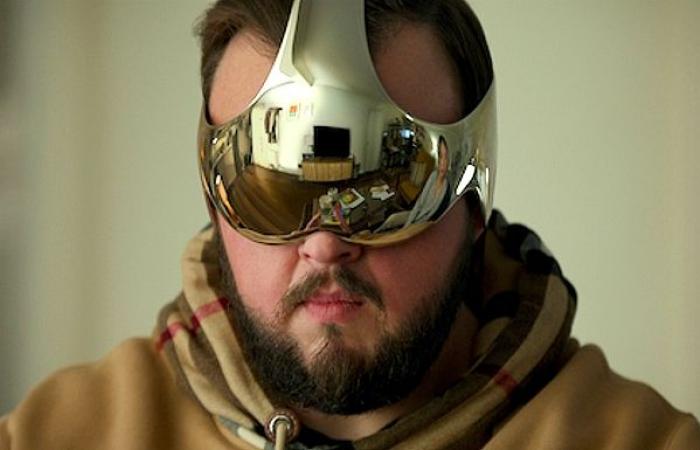Users: 855
“The 3-Body Problem” is Netflix’s latest hit and, due to its sensitive content, is already causing controversy among the Chinese public.
(SPOILER ALERT)
Premiered on March 21, “The 3-Body Problem”, the new Netflix series, begins in the 1960s, during the Chinese Cultural Revolution and tells the story of a young woman involved in a secret project to communicate with extraterrestrials. It is then that she makes a decision that will change history! This option even affects modern-day scientists, forcing them to fight against the greatest threat to humanity. In its cast, we find names like Eiza González, Saamer Usmani, Sea Shimooka, Zine Tseng, Jess Hong, John Bradley, Jovan Adepo, Jonathan Pryce, Benedict Wong, Tsai Chin and Liam Cunningham.
While the series has achieved global success, with 11 million views in its first four days, it has also caused some buzz internationally, especially with Chinese audiences. In the opening scene of Netflix’s “The 3-Body Problem,” which is an adaptation of Liu Cixin’s science fiction bestseller of the same name, we see an academic being beaten by Red Guards for defending his belief in the theory of relativity.
Apparently, the account that concerns the portrait of this time is largely faithful not only to the novel it adapts but also to many historical records of the time. However, the country generally avoids discussing the Cultural Revolution, making the depiction of that era sensitive for many Chinese viewers. What also doesn’t help is that the main antagonist is Chinese, while most of the other characters are played by Western actors.
THE PROBLEM OF THE 3 BODIES: THE WESTERNIZATION OF THE NARRATIVE?
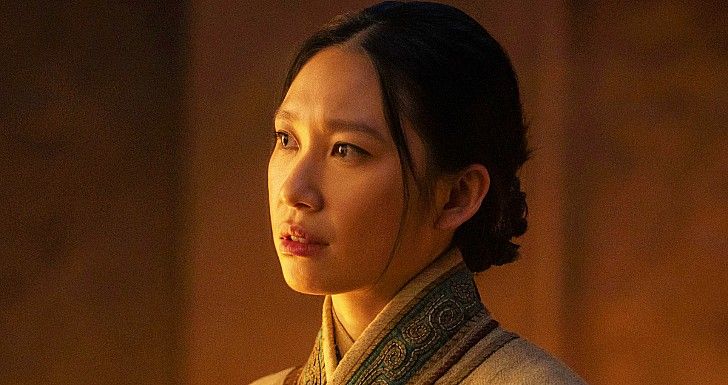
It is worth highlighting that “The 3-Body Problem” on Netflix chooses to move the story from China to London, populating the story with a vast diverse and international cast, according to what David Benioff, one of the creators, told The Guardian the idea was to show “that this is not just one country’s struggle – it is a global struggle to survive”. The same sentiment is supported by the production’s cast, who rule out the possibility that the issue of the Cultural Revolution was poorly handled due to this change.
“Everything in the books that made reference to the Cultural Revolution remained essentially the same (…) But the rest is a way of globalizing a history that was heavily focused on the East from a Western perspective, from a global perspective. As we are all from different countries, for the actors, you can bring together all these different stories into an emotional core, which I think is quite brilliant” said Jess Hong (Jin Cheng) to NBCNews.
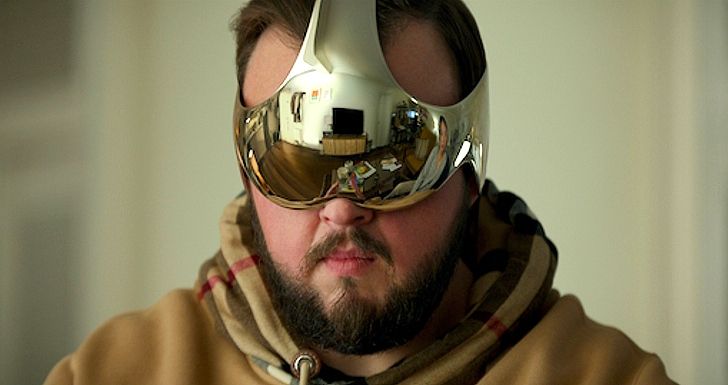
Still, the series was not free from criticism from various sides. The Chinese Communist Party newspaper Global Times stated “If certain TV series have to persist in presenting stories in a ‘Western-centric’ way, this will not escape the eyes of the [nosso] public”. Haochen, a public relations manager in Shenzhen, who did not want her name published, believes that “The Netflix adaptation took the story out of the Chinese cultural context and moved it to London.”
Although Netflix and other US streaming services are not accessible in China, many in the country have made a point of viewing the series through virtual private networks, software that masks the user’s location and gains access to a service or bypasses censors. Posts with “#Netflix3BodyProblem” had been read 170 million times on Chinese microblogging platform Weibo as of Friday. On the platform, one of the users highlighted that “Netflix seems to deliberately want to convey a frightening message to its global audience: it was the Chinese who brought aliens to [a Terra]”.
NETFLIX VS. TENCENT: WHO HAS THE BEST VERSION IN HISTORY?

According to Professor Ying Zhu of Hong Kong Baptist University, “Nationalism is absolutely the root cause of Chinese viewers’ criticism of the series.” In turn, Kenny Ng, also a professor at the same university, believes that the original novel “strives to break with binary narratives, while the Netflix adaptation leans towards a more simplified and recreational approach, dividing the characters into clear categories of good and evil.”
Many Chinese viewers also ended up proclaiming a preference for the adaptation of the series launched in 2023 by Tencent, which was largely set in China, with predominantly Chinese actors. For Kenny Ng, this version “maintains a high level of respect for the original details of the novel, although it omits certain sensitive scenes”, due to the government’s strict censorship rules in the way the story is portrayed on screen.
Derek Tsang, the Hong Kong director responsible for the first two episodes of “The 3-Body Problem”, leaves no room for doubt, “There are no elements in the [série] who intend to defame or slander China.” Tsang also clarified the main differences between the version she worked on and the Chinese version, arguing that they are two different approaches and that Netflix’s needed to “be more international”.
TRAILER | THE PROBLEM OF THE 3 BODIES IS TALKING ABOUT
Did you feel any negative bias against China in “The 3-Body Problem”? Whose side are you on in this controversy?
Also of interest to you:
Tags: Netflixs #3Body Problem causing controversy among Chinese audiences
--

